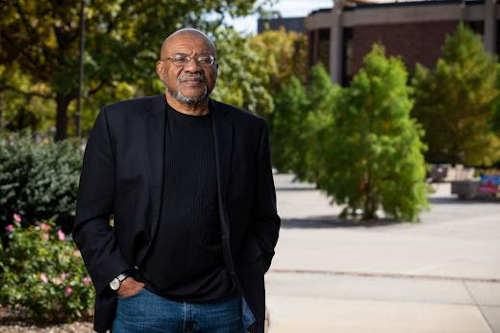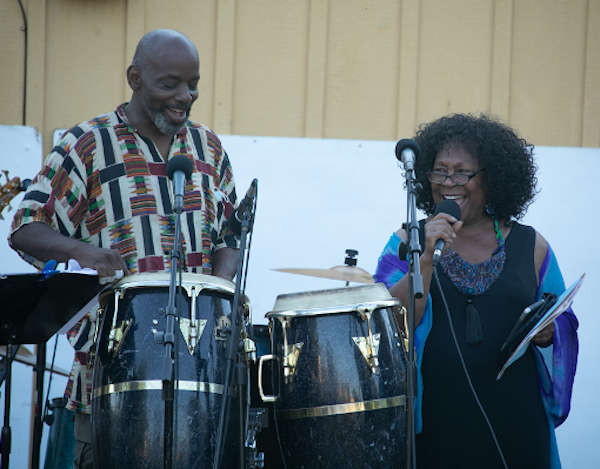- Kwame Dawes
- Posted On
American Life in Poetry: Psalm for Arrival

It is not entirely clear what has arrived, here in this poem “Psalm For Arrival.”
What is clear, is the familiar sense that sometimes, after a long effort, we are able to “find sounds/ for words” — to articulate, the difficult stuff of memory.
And perhaps this is what has arrived, the voicing of the difficult things.
In the end, however, Khaled Mattawa finds no great relief in speaking these words. Somehow the deadening effects of memory can be persistent, despite our necessary efforts to disavow “old sentiments”.
Psalm For Arrival
By Khaled Mattawa
When we find the sounds
for words we need, their death
rattle begins to echo in our throats.
Memory creeps up on old sentiments,
finds them lurking like blind fish
in the twilight of our blood.
Dead and living on—ancient prophecies
or frozen microbes—something we disavow
continues to feed on us.
American Life in Poetry does not accept unsolicited manuscripts. It is made possible by The Poetry Foundation, publisher of Poetry magazine. It is also supported by the Department of English at the University of Nebraska-Lincoln. Poem copyright ©2020 by Khaled Mattawa, “PSALM FOR ARRIVAL” from Fugitive Atlas (Greywolf Press, 2020.) Poem reprinted by permission of the author and the publisher. Introduction copyright ©2022 by The Poetry Foundation. The introduction’s author, Kwame Dawes, is George W. Holmes Professor of English and Glenna Luschei Editor of Prairie Schooner at the University of Nebraska.









